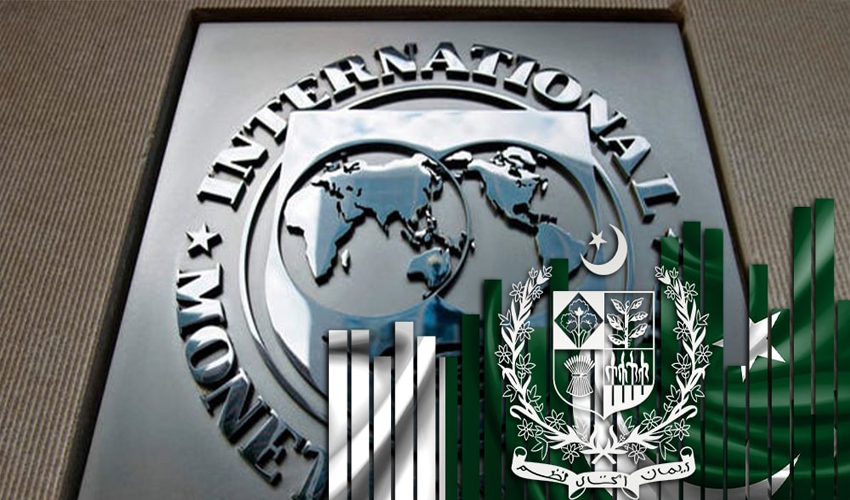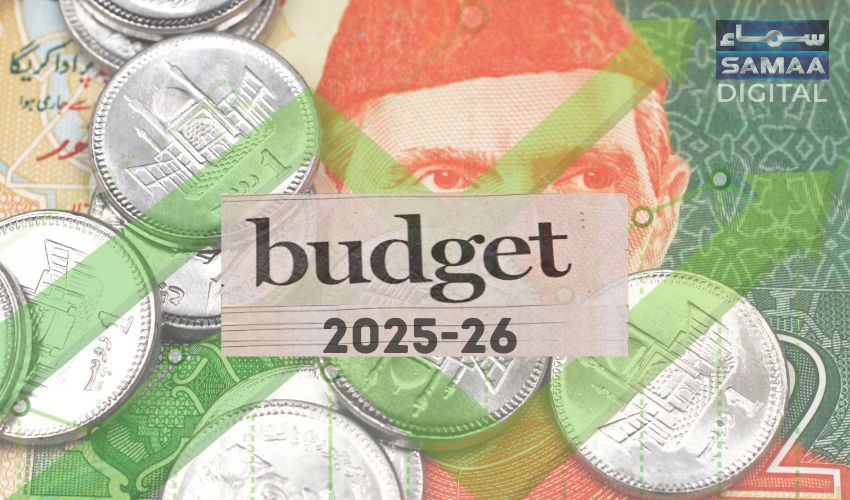In its mission to seek a new bailout package from the International Monetary Fund (IMF), Pakistan has made a formal request for a new loan program ranging between $6 to $8 billion.
The formal request was made by Finance Minister Muhammad Aurangzeb during a meeting with IMF officials held in Washington.
The proposed bailout package aims to address various economic needs, including funding for the Extended Fund Facility (EFF) program and climate financing initiatives. The exact size of the potential loan program is expected to be determined during upcoming negotiations scheduled for next month.
An IMF team is anticipated to visit Pakistan in mid-May to engage in detailed discussions and assess the country's economic situation.
Also Read: FinMin Aurangzeb expects IMF loan program outline by May
As part of the negotiation process, Pakistan will need to adhere to several strict conditions set forth by the IMF, including measures to increase the tax net. Discussions will also explore the possibility of further increasing the size of the three-year package.
The new financial year budget will also be formulated in consultation with the IMF, underscoring the importance of aligning fiscal policies with the objectives of the loan program, according to sources.
The finance minister has expressed optimism regarding the possibility of reaching a staff-level agreement with the IMF by late June or early July, highlighting the urgency and importance of securing financial assistance to address Pakistan's economic challenges.
Also Read: IMF suggests lifting trade bans can boost Pakistan's exports by 15%
During an interview with Reuters in Washington, the minister expressed Pakistan's intention to secure a substantial and extensive loan program from the IMF. He anticipates that the outline of this new program will be finalized in May, paving the way for additional financial assistance as part of the plan.
Highlighting Pakistan’s efforts to enhance its international rating in the next fiscal year, the minister revealed ongoing discussions with international rating agencies to facilitate the country’s return to the international debt market.



























